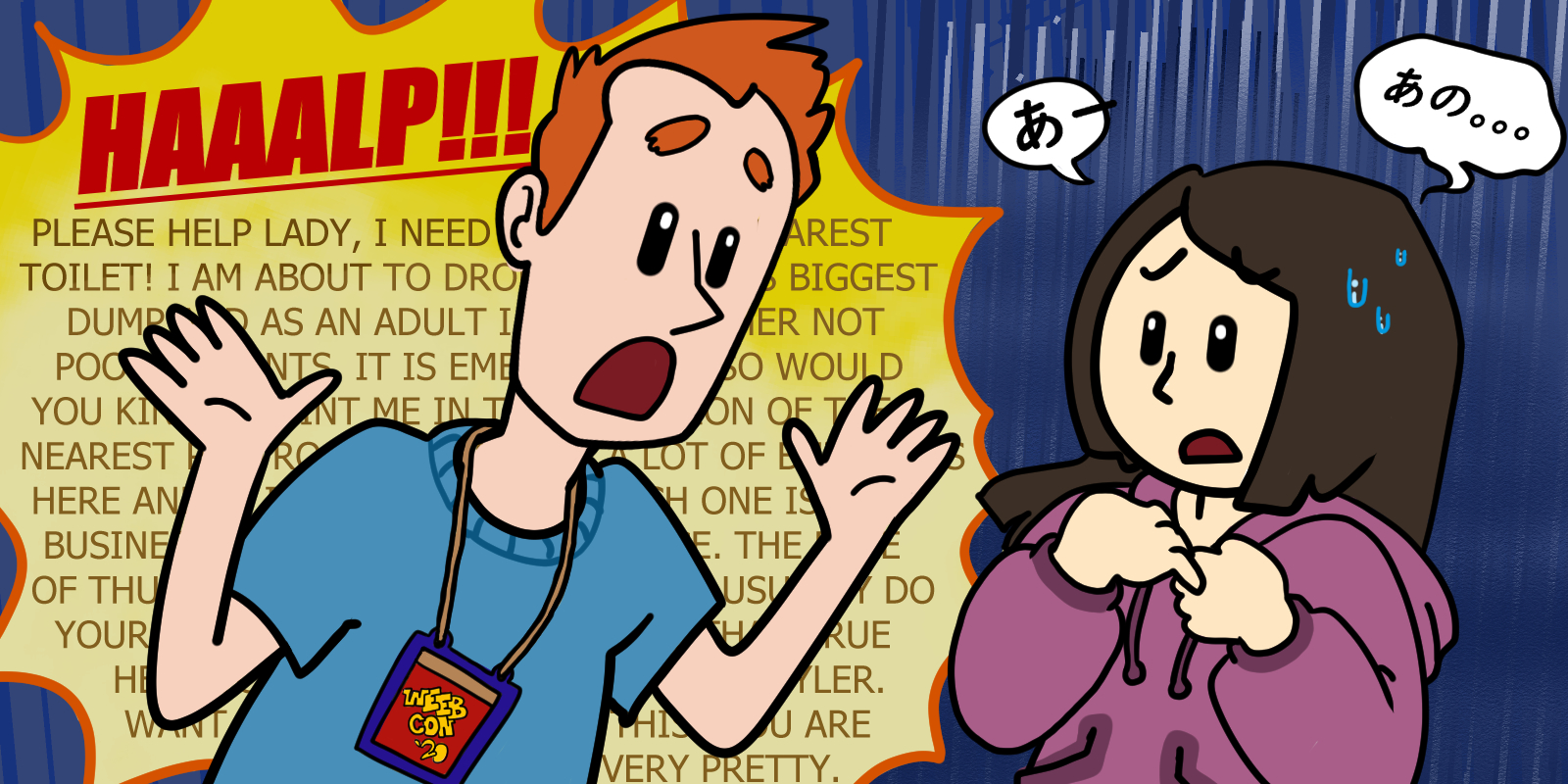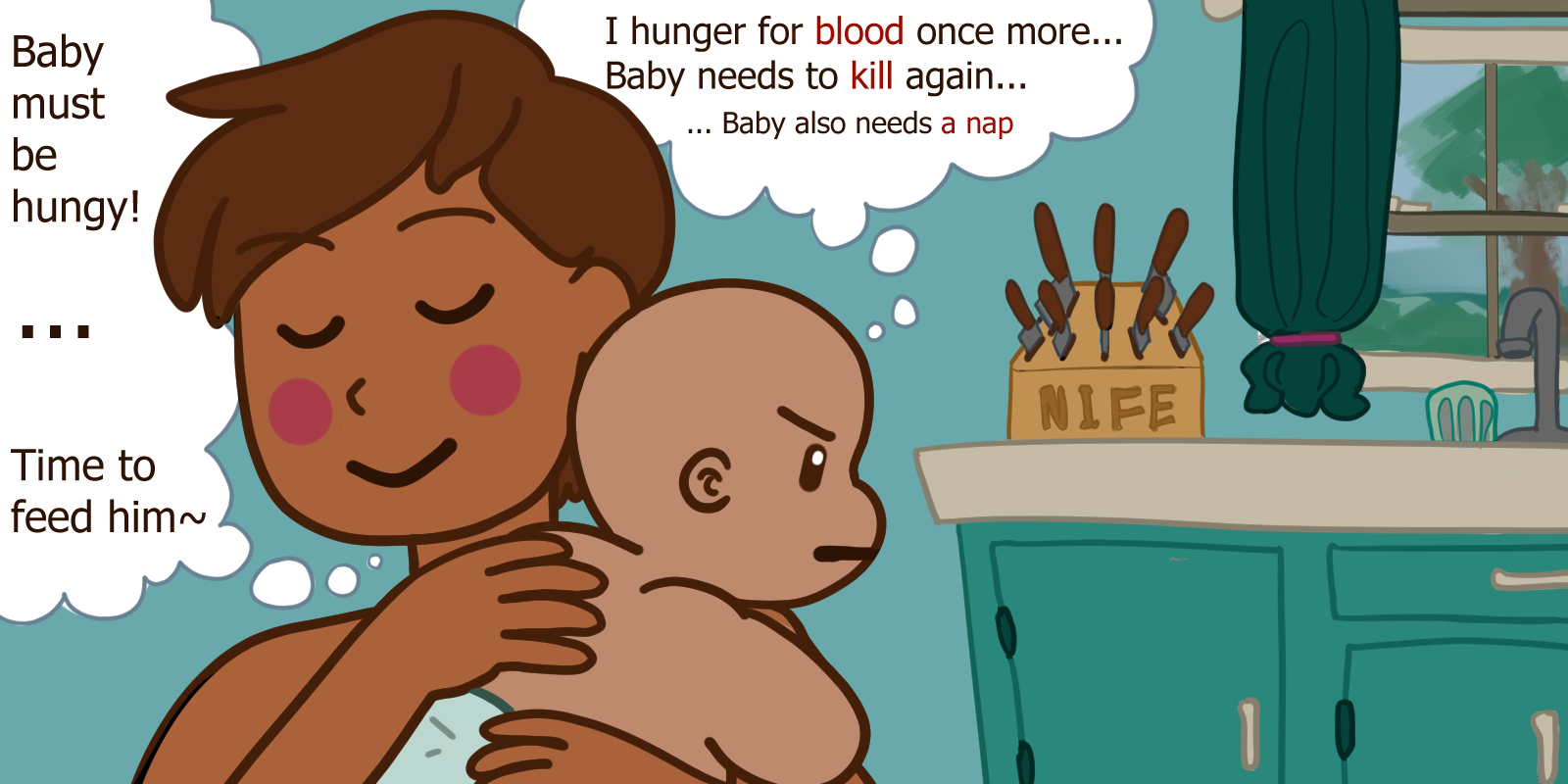Small phrases make big impacts Using small phrases & gestures that could make a world of difference to the person you are talking to, and your initial learning experience.
This insight was originally published on February 09, 2021, and transferred here later.
Say hello to a strange language in an unfamiliar culture
I don’t know how many occasions you’ve had where someone comes up to you and they begin to frantically speak in a language you don’t know, but it can be very jarring and extremely frustrating for everyone involved in the interaction.
This is really unfortunate because the communication can quickly fail when a person might really need some help, and many people are not prepared for alternative forms of thinking or communication under a sudden, impromptu situation like that.
As someone who is living in a multicultural region of the world, and as someone learning the Japanese language, I have been on both sides of this scenario. It is some kind of experience-- quite an adrenaline rush! I wouldn’t recommend it.
Say “hello” with a strange language in an unfamiliar culture
A small way to make these sorts of interactions easier when learning Japanese (or any language, really) is to start learning small words and phrases. Phrases like こんにちは (good afternoon) and すみません (excuse me) can be incredibly valuable when attempting communication in Japanese with someone new. This allows you to not take anyone by surprise with what might sound like sudden nonsense to the person you are talking to; and having these phrases available to you gives you an immediate starting point for conversation.
No grammar? No problem!
After you start an interaction, you can use various small words and phrases to communicate ideas. You don’t need to be a grammar expert when learning Japanese in order to start communicating with it. The same goes for any language!
If you string together simple words like “toilet where” or “head hurt help”, it isn’t as pretty or natural sounding, but it does the job of communicating your ideas in a rough but mostly understandable way. Small words and phrases will be your hero time and time again when perfect grammar fails you.
This concept of communication with small words can easily be observed colloquially; such as when an infant starts picking up their first words in their first language. They will start off with small pieces of information, often nouns, and do their best from there to add intonation, grunts, or movements to get the gist of their intentions across to mom and pop. It just works!
Start by learning commonly used words and phrases
Another cool thing about starting the learning adventure with small words and phrases is that they often include some of the easier vocabulary items to pick up on and practice. This is because the best sort of words to start with are common, every-day usage words. These are phrases people will say to each other or items they will interact with on a daily basis. So you have many opportunities to think about these sorts of words and phrases in your day-to-day life. Practice is the key takeaway here!Try out some of these small words & phrases:
Greetings & Conversational
- Hello -
- こんにちは (konnichiwa)
- Please -
- お願いします (onegaishimasu)
- Thank you -
- ありがとうございます (arigatou gozaimasu)
- Excuse me -
- すみません (sumimasen)
- Sorry -
- ごめんなさい (gomennasai)
- Yes -
- はい (hai)
- No -
- いいえ (iie)
- Horray -
- やった (yatta)
- Are you okay? -
- 大丈夫 (daijoubu)
- Ouch / Pain -
- いたい (itai)
Question Words
- Who -
- 誰 (dare)
- What -
- 何 (nani)
- Where -
- どこ (doko)
- When -
- いつ (itsu)
- Why / How -
- なぜ (naze)
Nouns
- Food -
- 食べ物 (tabemono)
- Beverage / Drink -
- 飲み物 (nomimono)
- Personal Computer -
- パソコン (pasokon)
- Cell / Mobile Phone -
- 携帯電話 (keitai denwa)
- Map -
- 地図 (chizu)
- Place -
- 所 (tokoro)
- Home -
- 家 (ie)
- Toilet -
- トイレ (toire)
- Car -
- 車 (kuruma)
- Bus -
- バス (basu)
- Time -
- 時 (toki)


